Guilt tripping to save the earth
April 28, 2018
We live in a world where environmental negligence is commonplace. Just look at what we’ve done.
Disasters like the Sanchi oil spill this January or the Keystone Pipeline leak in November 2017 seem more grave than past disasters. Infrastructure, including building construction, transportation and electricity, still relies on the fossil fuel business.
The U.S. alone produces roughly 130 million tons of landfill waste per year, according to the EPA.
All of these damages are done for our convenience.
The easy reaction to this is to proclaim horror and advertise these atrocities, to show the stone-cold truths environmentalists have been pointing to for years. But how effective is this?
Using facts to make others feel guilty is ineffective in solving the problem.
University of California Los Angeles’ Climate Lab initiative met with Norwegian psychologist Per Espen Stoknes, notable for his TEDx talks, to discuss guilt’s role in the climate debate.
Stoknes spoke of how creating guilt, especially when mentioning the grave facts of our climate dilemma, is counterintuitive because guilt causes withdrawal from the issue, and makes us care even less about our effects.
In reality, we all have our environmental faults. Let’s be aware that we are all to blame; that we, all in one way or another, caused Mother Nature’s plight. I occasionally put food into the trash. I drive an older car with low gas mileage.
There’s always going to be flaws in what we do. Our goal should be to minimize the amount and size of them, instead of ridding ourselves of them completely.
As college students attending UVM, we are given many chances to modify the little things in our lives in favor of the environment. Recycle that piece of paper you threw in the trash. Carpool when you can. Avoid using unneeded energy and bike instead. Unplug your charger when not in use.
Understand that while the factors we change may have minimal effect in the greater scale of things, the slight ways in which we decide to alter our habits is better for the planet than not changing at all.
As Mother Earth’s flowers grow through concrete cages, through our cage of climate guilt follows beauty. Within our guilt are seeds of opportunity. I encourage you to let your seeds grow into change.


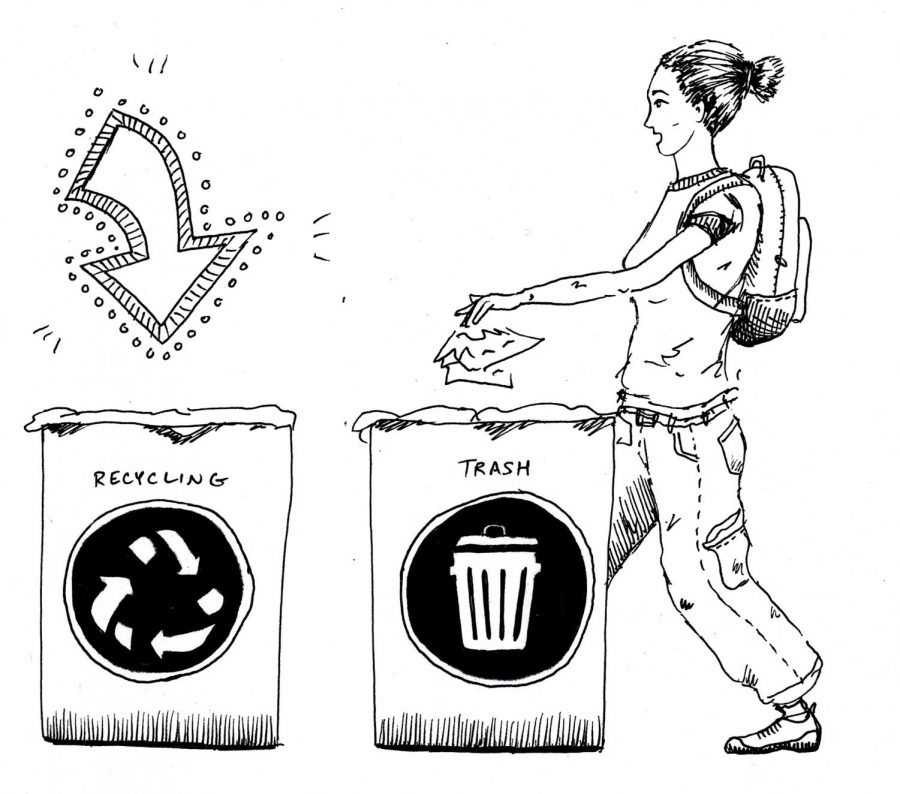
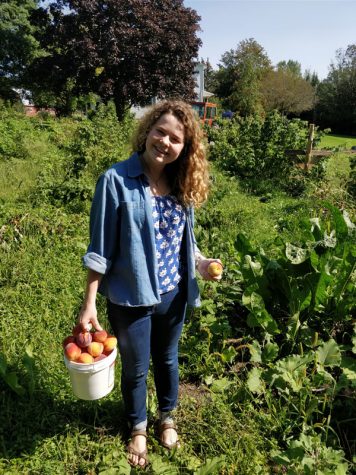







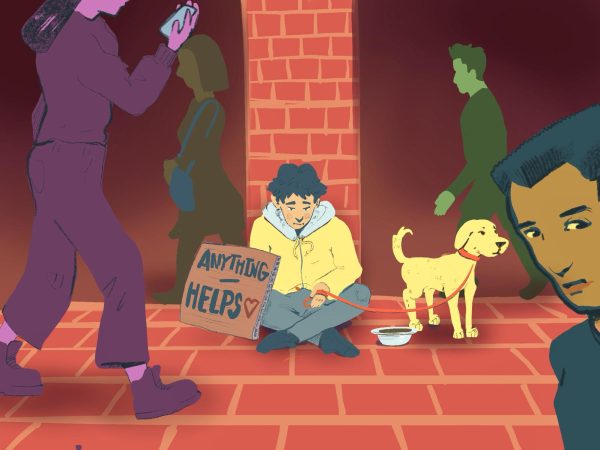
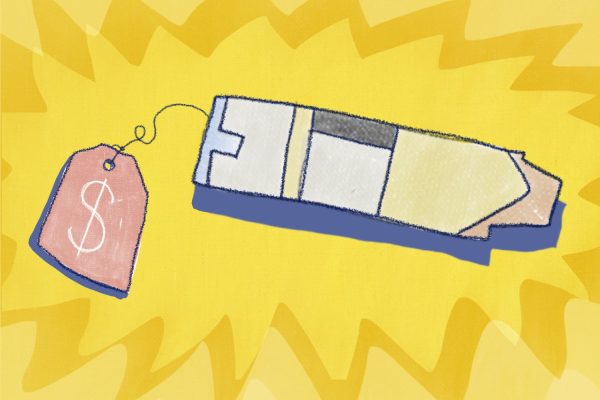
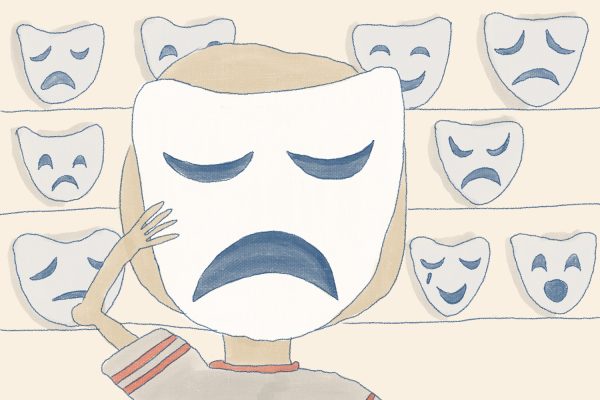
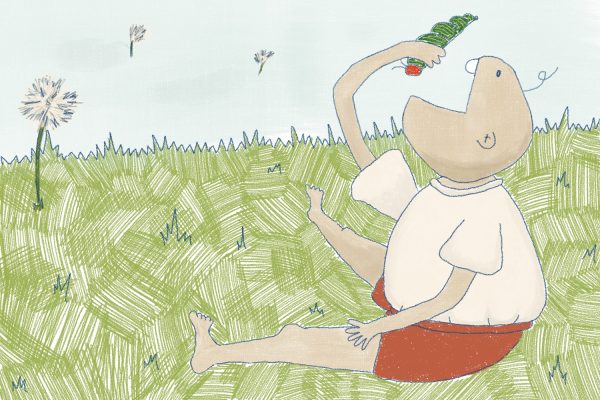
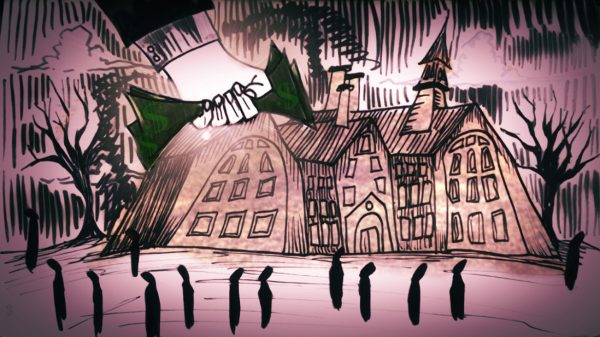

![Can’t buy me [self] love](https://vtcynic.com/wp-content/uploads/2024/04/self-care-FINAL-600x398.jpg)
